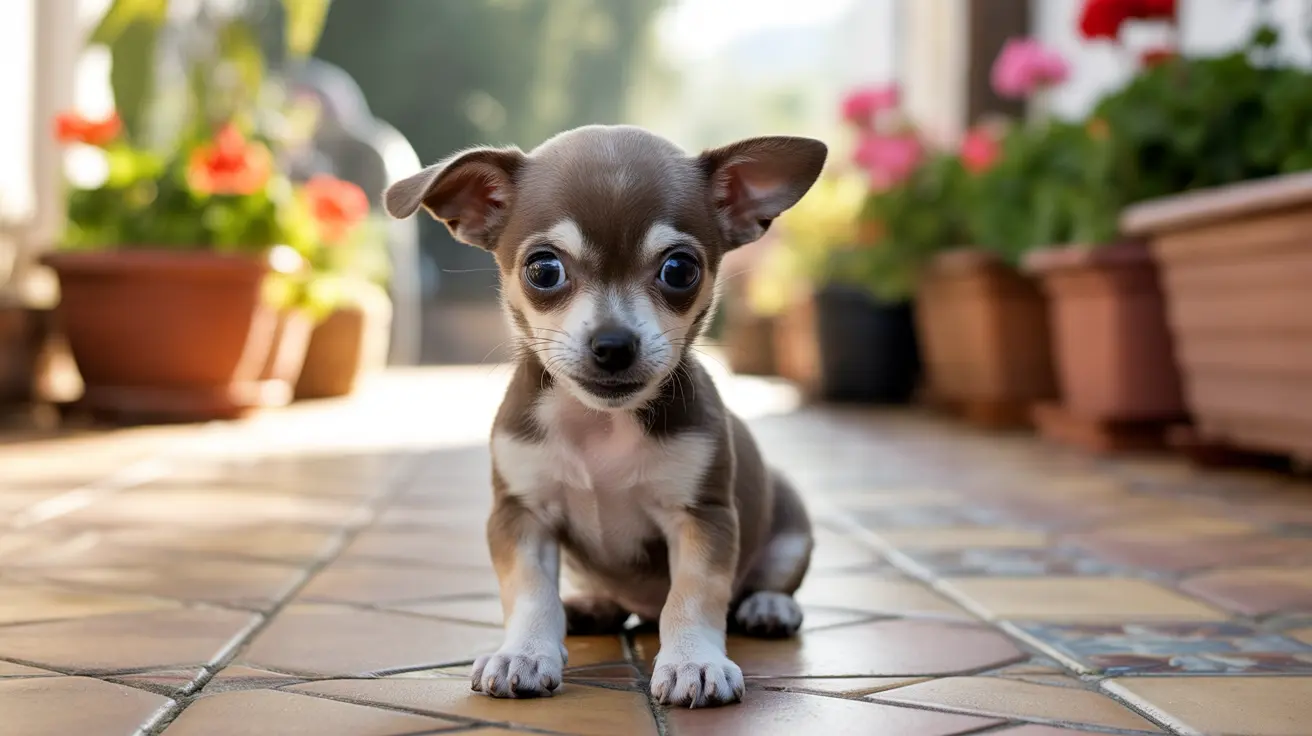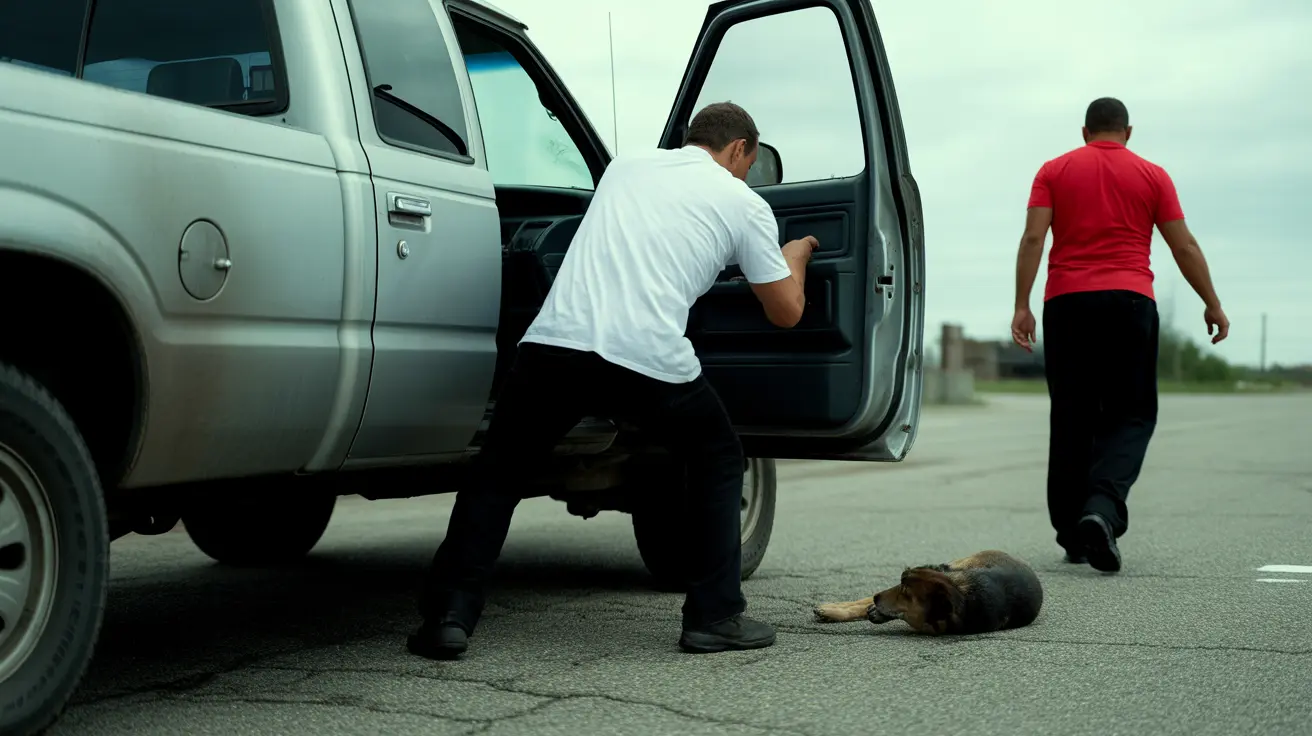If you've noticed your dog frequently chewing or licking their paws, you're not alone. This common behavior can range from normal grooming to a sign of serious underlying health issues. Understanding why dogs chew their feet and knowing when to seek veterinary care is crucial for maintaining your pet's health and comfort.
While occasional paw grooming is natural, excessive chewing often indicates a problem that needs attention. From allergies and infections to anxiety and injury, the causes are diverse and sometimes complex. Let's explore the reasons behind this behavior and learn how to address it effectively.
Common Causes of Paw Chewing
Allergies and Environmental Triggers
Allergies are the leading cause of paw chewing in dogs, affecting approximately 15% of the canine population. Environmental allergens like pollen, grass, and household chemicals can trigger intense itching, leading dogs to seek relief through chewing. Food allergies, particularly to common proteins like chicken or beef, may also manifest through paw irritation.
Parasites and Infections
Fleas, ticks, and mites can cause severe irritation, driving dogs to chew their paws incessantly. Secondary bacterial or yeast infections often develop in the warm, moist environment created by excessive licking, creating a frustrating cycle of discomfort and continued chewing.
Signs Your Dog's Paw Chewing Is Problematic
Physical Symptoms
Watch for these warning signs that indicate your dog's paw chewing has become problematic:
- Redness or swelling between the toes
- Hair loss or discoloration
- Foul odor from the paws
- Open sores or hot spots
- Limping or favoring certain paws
Behavioral Indicators
Behavioral changes can also signal that paw chewing has become more than just grooming:
- Obsessive focusing on one particular paw
- Inability to stop chewing when distracted
- Increased irritability when paws are touched
- Disrupted sleep due to constant licking
Treatment and Prevention Strategies
Immediate Relief Methods
While working to identify the root cause, these methods can provide temporary relief:
- Using pet-safe anti-itch sprays
- Applying cold compresses to reduce inflammation
- Cleaning paws thoroughly after outdoor activities
- Using protective boots during walks
Long-term Solutions
Addressing the underlying cause is essential for long-term resolution:
- Implementing regular parasite prevention
- Working with a veterinarian to identify and manage allergies
- Maintaining proper grooming and nail care
- Providing adequate exercise and mental stimulation
Professional Care and Intervention
Professional veterinary care becomes necessary when home remedies aren't enough. Your vet may recommend:
- Allergy testing and specialized treatments
- Prescription medications for infection or inflammation
- Behavioral modification for anxiety-related chewing
- Regular monitoring and follow-up care
Frequently Asked Questions
Why does my dog chew their feet excessively and how can I tell if it's serious?
Excessive paw chewing is serious if it causes visible damage, persists for more than a few days, or is accompanied by other symptoms like limping or swelling. Any changes in the skin color, presence of blood, or strong odors warrant immediate veterinary attention.
What common allergies cause dogs to chew their paws and how are they treated?
Environmental allergens (pollen, dust, mold) and food allergies (proteins, grains) commonly cause paw chewing. Treatment typically involves identifying and eliminating allergens, using antihistamines, or prescribed medications like Apoquel or Cytopoint.
How can I tell if my dog's paw chewing is due to parasites or infections?
Look for visible parasites, redness, swelling, or discharge between the toes. Yeast infections often produce a distinct musty odor and may cause dark staining of the fur. A veterinary examination can confirm the specific cause.
What home care steps can I take to stop my dog from chewing their feet?
Regular paw cleaning, using protective boots during walks, applying pet-safe moisturizers, and ensuring proper grooming can help. Also, provide mental stimulation and exercise to prevent boredom-related chewing.
When should I take my dog to the vet for persistent paw chewing?
Seek veterinary care if the chewing persists more than a few days, causes visible injury, is accompanied by limping or other symptoms, or if your dog seems distressed. Early intervention can prevent more serious complications.






